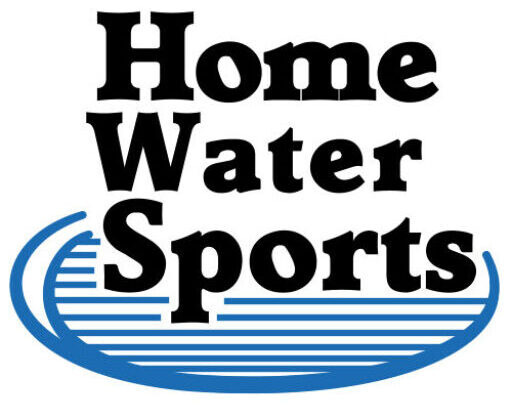F.A.Q.'s
Sometimes you have questions about swimming pools and we have listed some of the most popular questions we are asked below:
If a pool has a heavy chlorine smell, something is wrong. A pool, when properly balanced, should never smell like chlorine. Often this smell is caused when a substance called chloramines form when good chlorine molecules combine with ammonia in the pool water. The smell is the ammonia being broken down. To fix this issue shock the pool heavily with a chlorinated shock to bring chlorine levels up to 10-15ppm so as to kill off all chloramines, then wait to swim again until chlorine levels resume to the 1-3ppm range.
Your pool water's pH and alkalinity levels are unbalanced. Have your water tested to determine the amount of pH and alkalinity increaser is needed.
Cloudy water can occur from several causes. Filteration can be low, hardness can be high, the pH could be high or algae could be beginning to grow. Shocking the pool and increasing the length of time the water is filtered usually will clear the pool. If cloudiness remains, have your water tested for further instructions
Stains are caused by metal deposits. A brown stain is caused by high iron levels, a black or blue stain is caused by high copper levels, and a blue-green stain by high manganese levels. Commercial stain removals are available at your pool chemical supply store.
Saltwaterit generates chlorine through a process called electrolysis. The saltwater passes through a salt chlorine generator, also known as a salt cell or chlorinator, which is installed in the pool's plumbing system. Inside the salt cell, an electric current is applied to two electrodes, usually made of titanium plates coated with a precious metal catalyst. When the electric current flows through the saltwater, it causes the electrolysis of the salt (sodium chloride) molecules. This process breaks down the salt into its constituent elements: sodium and chloride ions. The chloride ions then combine with water molecules to produce hypochlorous acid (HOCl) and hypochlorite ions (OCl⁻), which are the active sanitizing agents that kill bacteria, algae, and other contaminants in the pool water. These are the same chemical compounds produced when chlorine-based pool chemicals, such as calcium hypochlorite or sodium hypochlorite, are added to a traditional chlorine pool. The chlorine generated through electrolysis continuously sanitizes the pool water as it circulates through the filtration system and back into the pool, maintaining the desired level of cleanliness and hygiene.
Check the chlorinator's numbered dial, is the number higher than you usually have it? If so, turn your dial down. What brand of chlorine are you using? Some brands bought at large chain stores often contain more filler than chlorine, causing the chlorine tablets to break down faster. Consider then purchasing a higher quality chlorine tablet.
Green water is a sign of algae growing in your pool. Adding algaecide according to proper instructions will clear the algae from your pool. Depending on how dark green your water is, multiple doses may be required
Your total alkalinity levels are low. Alkalinity is what keeps your pH balanced in your pool. Having your water tested will determine how much alkalinity increaser needs to be added to your pool.
Foaming water can be caused by an excessive amount of oils, lotions, creams, and algaecides running through your water and filter. Canceling the use of mentioned substances for a time and shocking your pool will most often clear any foaming. If extreme foaming forms and continues, have your water tested for further instruction.
Remember that proper filtration and circulation are essential for maintaining clean and healthy pool water. By following these guidelines and regularly monitoring your pool's water quality, you can ensure a safe and enjoyable swimming experience for you and your family. It is generally recommended that you run the pump and filter system for at least 8 - 12 hours each day to filter the water to help prevent the buildup of algae, bacteria, and other contaminants. Note you also need to regualarly test and monitor water quality and follow up manufacturers guidelines for cleaning your filter system.
As mentioned, staying on top of your water management is important to keep the pool water healthy. And it begins with regular water testing. We recommend Sunrise Pool and Spa Supply, Fenton, MI for automated computer water testing and chemical and pool supplies.



